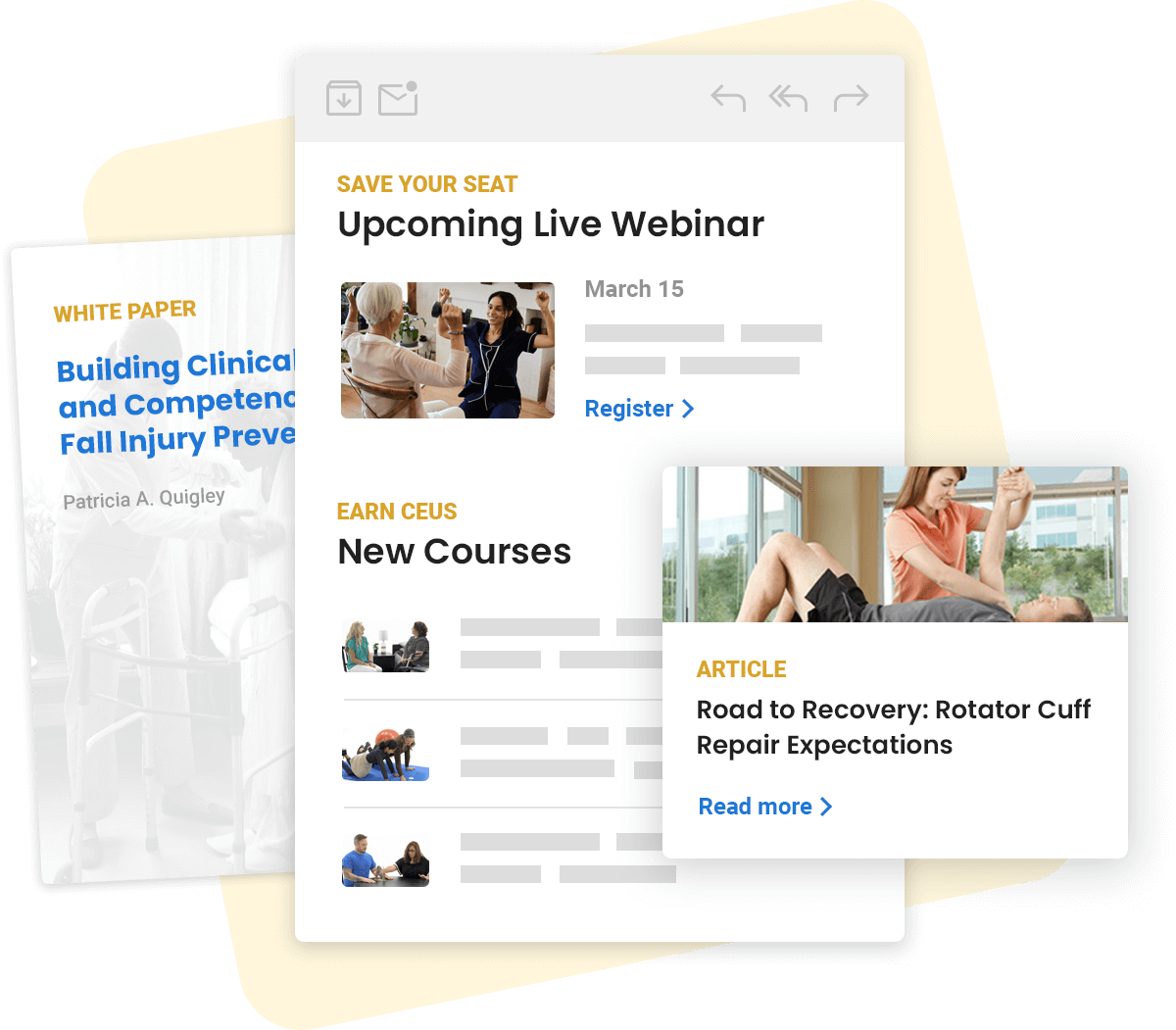What You Need To Know About ACA Section 1557 – Nondiscrimination Standards

Medical providers need to make a number of changes to their current nondiscrimination policies. New rules from HHS require your organization to adopt new policies that protect your patients from discrimination and ask you to inform your patients about the policy changes in several ways.
HHS estimates these changes will cost providers about $960 million in training expenses alone. To ease the burden of compliance, they’ve made many excellent resources and translated materials available on their website. MedBridge has also developed a training course, that can be easily assigned through our LMS, to get your entire staff up to speed with just a few clicks.
Section 1557 of the Affordable Care Act bolsters existing nondiscrimination requirements and significantly expands protections to gay, lesbian and transgendered individuals. It also clarifies and expands upon protections for patients with limited English proficiency. The section further compels providers to ensure meaningful communication through trained medical translators, translated forms and published taglines in languages prevalent in their local area.
If you are found to be out of compliance, your facility will be put on notice and could have Medicare and other federal payments suspended. Therefore, it is important to make the needed changes to your policies, post required notices, publish the translated taglines and get all of your employees informed on what the law requires.
These changes may leave you with questions including:
- What assistive devices do I need to offer to my patients with disabilities?
- How can I use a medical translator and remain HIPAA compliant?
- What protections are available to medical staff with strong religious beliefs?
- How can I be respectful of my transgendered patients?
MedBridge’s new course, Civil Rights & Preventing Discrimination in Healthcare, answers all of these questions and goes beyond the requirements of Section 1557 to encourage the kind of empathy that characterizes compassionate care. Our new course will get those regulatory details right for you; so you can get back to doing what you love: providing excellent care to patients.









